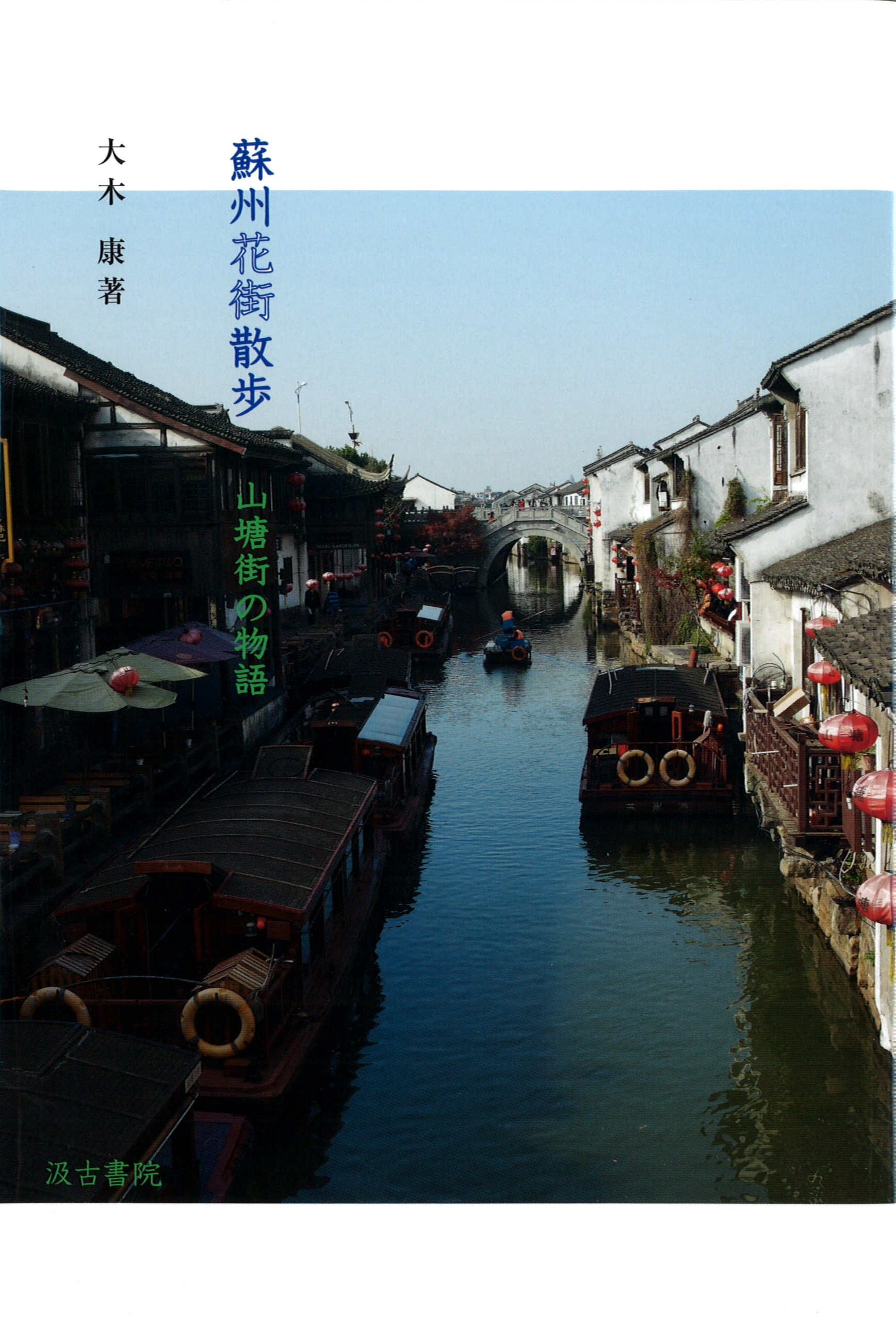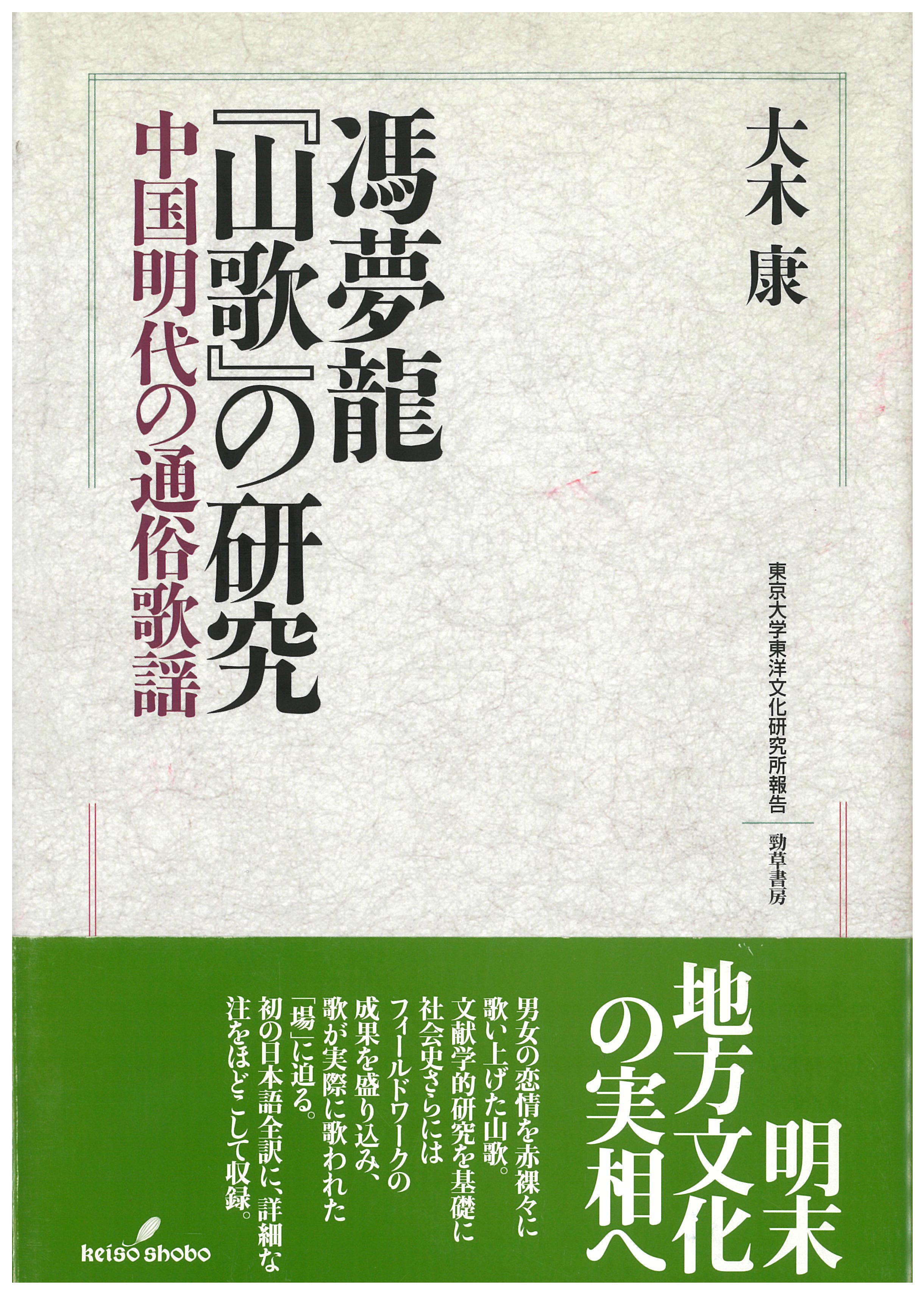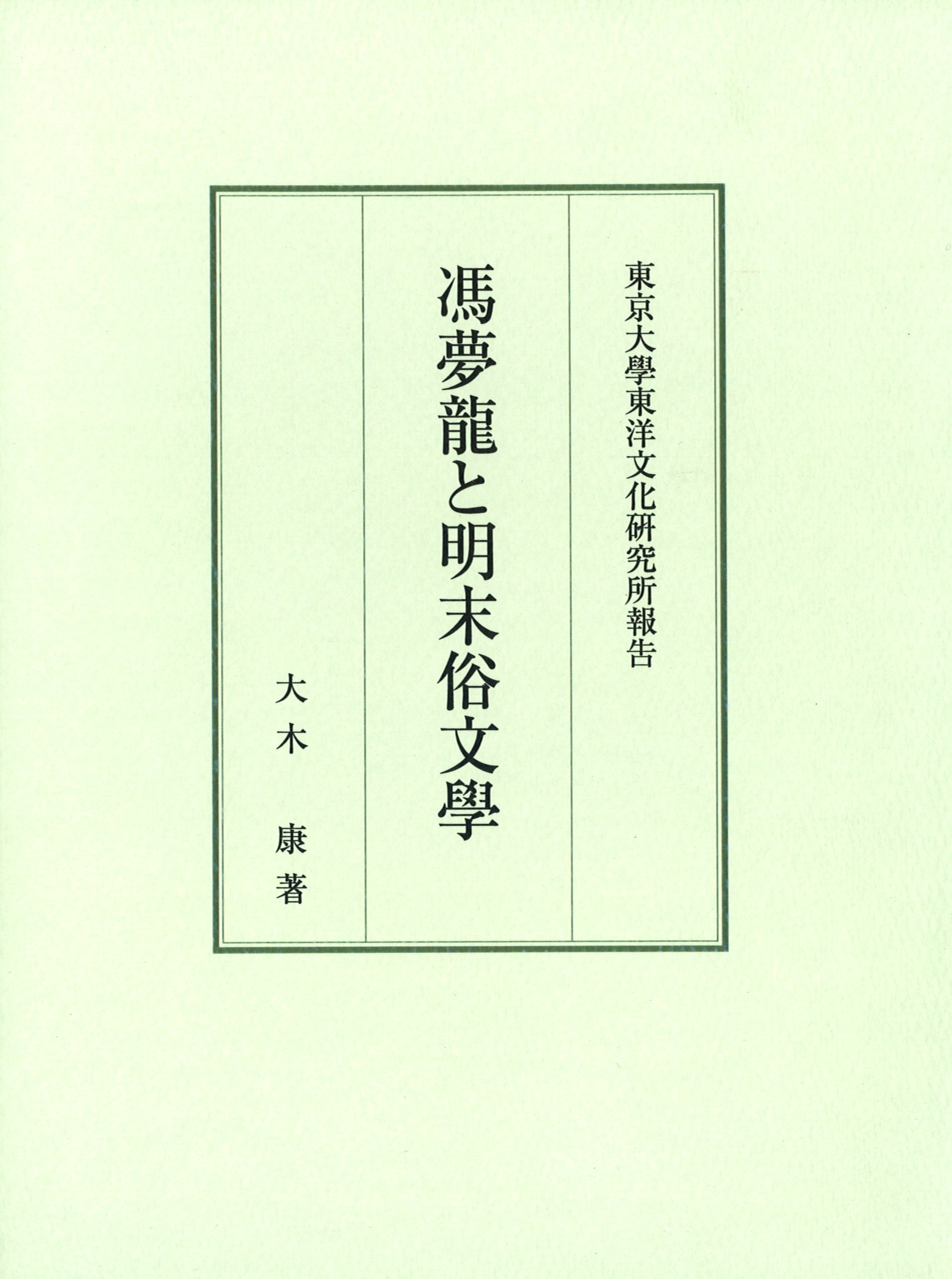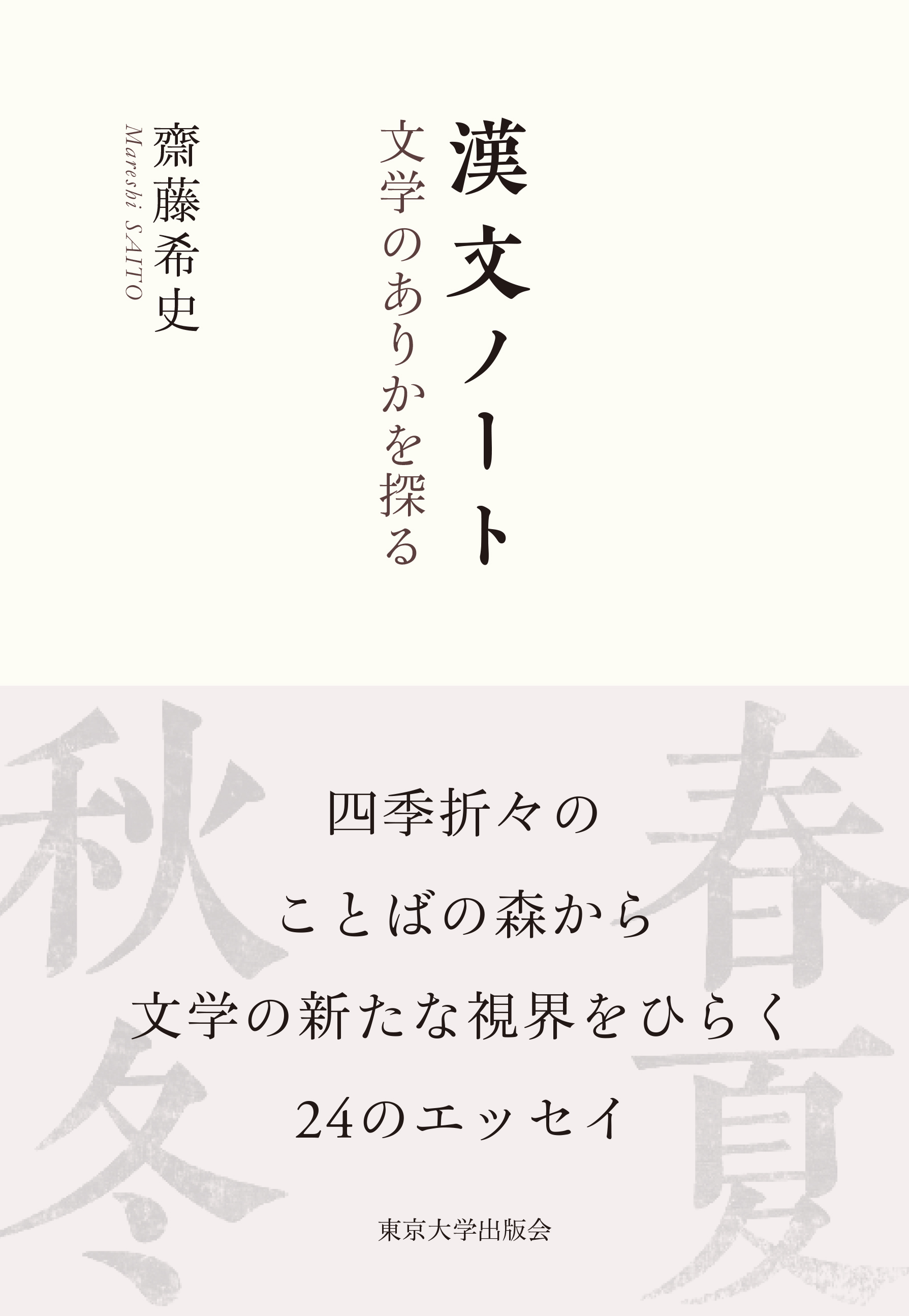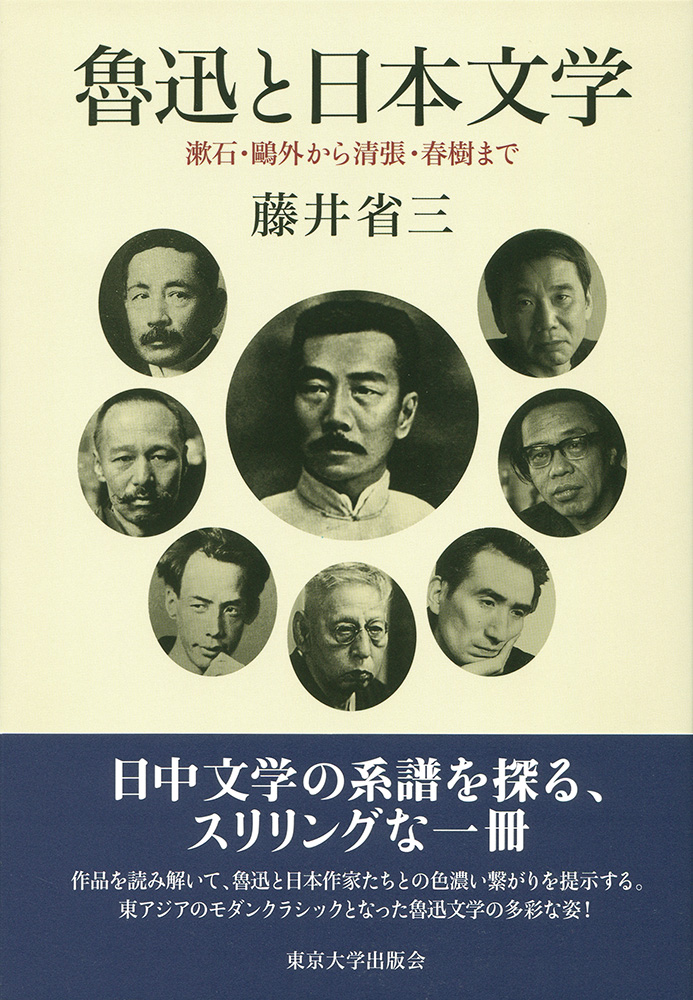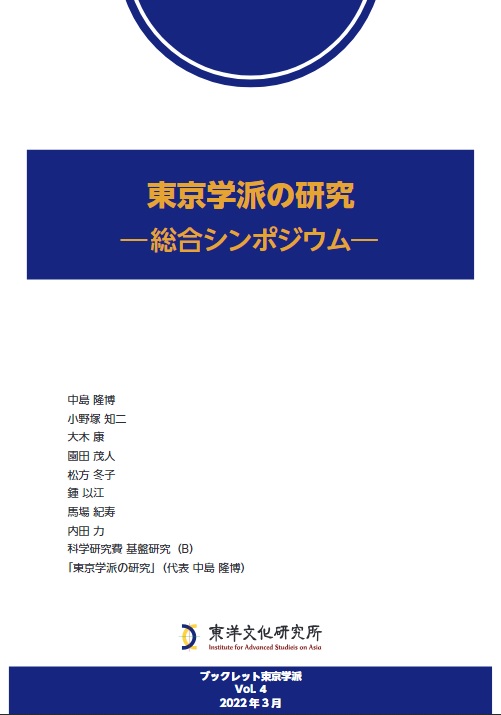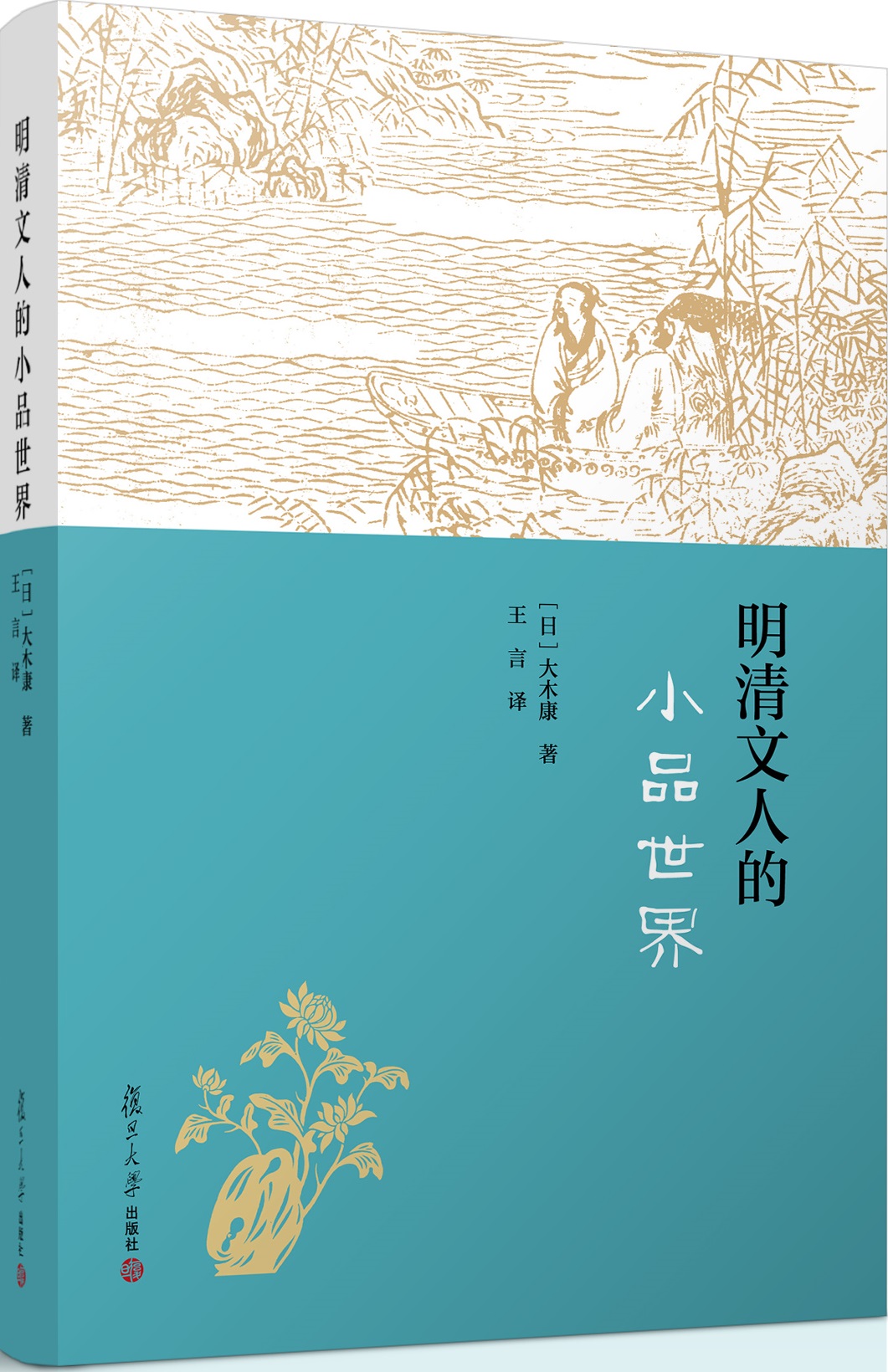
Title
Ming Qing wen ren de xiao pin shi jie (The World of Short Essays by Ming and Qing Dynasty Literati)
Size
209 pages, softcover
Language
Chinese
Released
September, 2015
ISBN
978-7-309-11313-6
Published by
Fudan University Press
Book Info
See Book Availability at Library
Japanese Page
Ming Qing wenren de xiaopin shijie, published by the Fudan University Press in Shanghai in 2015, is the Chinese translation of The World of Short Essays by Ming and Qing Literati, published by Shukousha in 2004. The author specializes in the literature, culture, and society of China’s Jiangnan area in the late Ming and early Qing periods. His research focuses on a writer named Feng Menglong (1574–1646), who was active in Suzhou in the late Ming period. Feng, who is well-known as a compiler of the collections of vernacular short stories, Sanyan, was intensely involved in the publication of popular literature that flourished in the late Ming period, such as vernacular fiction, plays, and folk songs. Consequently, Feng was considered “the flag-bearer of late Ming vernacular literature.” The author has published several works about Feng. A Study of Feng Meng-long’s Shange (Keiso-shobo) is about the collection of “Shange,” folk songs from Suzhou that Feng edited. A Study of the Publishing Culture in Late Ming Jiangnan (Kenbun shuppan) is about the publishing culture at that time. Chinese Gay Quarters, the World of Courtesans in Nanjing, Qinghuai in the Ming and Qing Dynasties (Seidosha) is about the courtesan culture.
While pursuing this research, the author read a wide variety of literary works regarding the late Ming and early Qing periods and came across many essays that moved him significantly, though not confined to a single volume. This book provides detailed commentary on these essays, following the author’s thought process and taking the cultural context into account. The contents of this book are diverse; for example, Chapter One is about an eight-legged essay on a phrase from the Yuan drama, The Western Chamber. The eight-legged essay was originally the literary style for the civil service examinations, phrased according to Confucius Classics. The eight-legged essay on the love story has absolutely nothing to do with the examinations, but the writer poured his heart and soul into creating such essays using a variety of rhetorical devices. These works were created from a purely playful spirit. Chapter Three focuses on the song, “Qingxian qu,” the story of the ghost of a young man who followed his beloved young boy lover in death. The ghost was summoned by a Chinese fuchi ritual, which is similar to the Japanese table-turning séance performed to speak with the dead. Chapter Five is a short biography of Wu Koukou, a young girl who died early. Chapter Six is the letter written by the kindhearted and brilliant Wu Zhaoqian to console his parents when he was arrested as a suspect in a civil service exam cheating incident. The eight essays in this book are not necessarily treated as high literature in the textbook of the history of Chinese literature. The Chinese translation of this book was probably published because of its novelty for Chinese readers.
The author, who is a researcher of Chinese literature but for whom Chinese is a foreign language, has always believed that the only way to understand the spiritual world of the writers of Chinese literature is to read their works thoroughly and accurately. This approach is necessary because there are two gaps—temporal and spatial—between Chinese writers and readers. To the author who loves to read and who has made literature the focus of his research, this book forms not only the foundation of his study but also the essence of his studies of literati in Ming and Qing China.
(Written by OKI Yasushi, Professor, Institute for Advanced Studies on Asia / 2017)
Related Info
http://www.ioc.u-tokyo.ac.jp/eng/interview/03.html



 Find a book
Find a book


